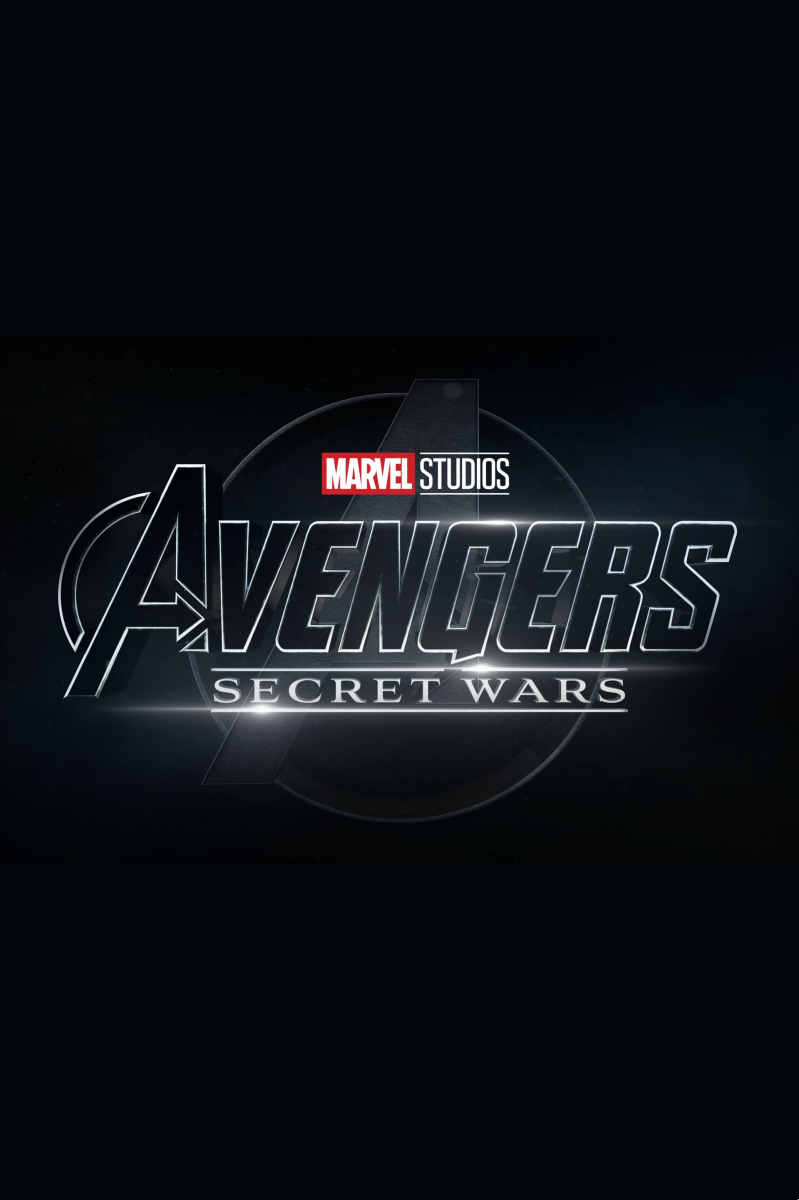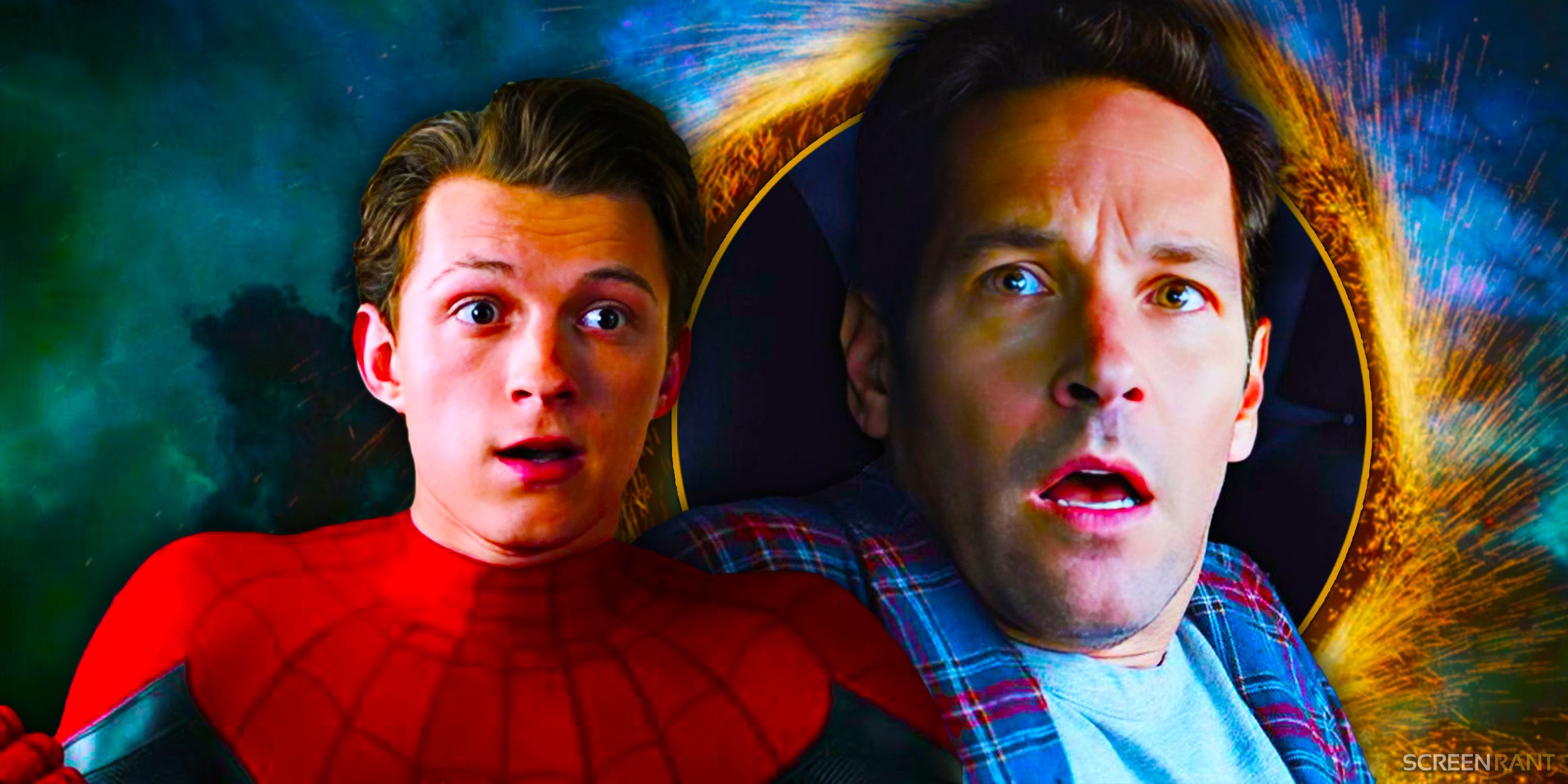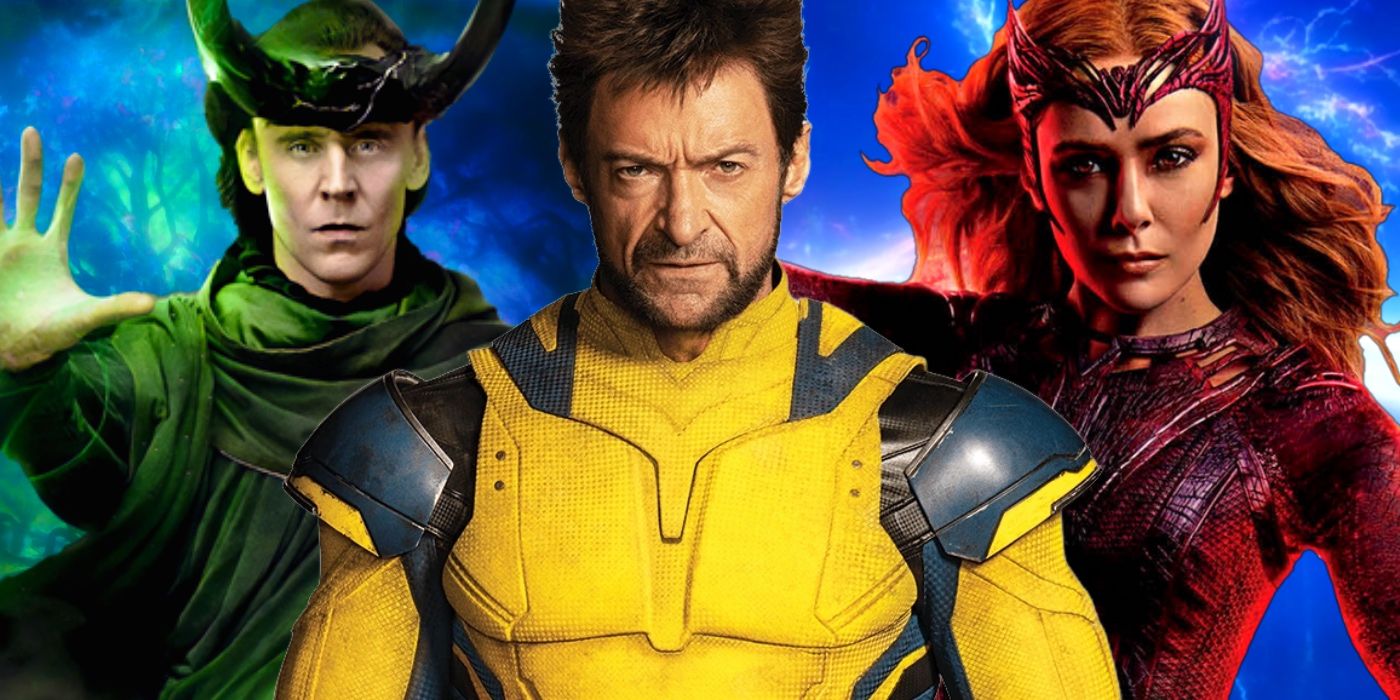
After Kevin Feige’s X-Men Comments, I’m Convinced We’ve Been Looking At The MCU’s Multiverse Saga All Wrong
After Kevin Feige’s recent comments about bringing the X-Men into the Marvel Cinematic Universe, I believe we may have been viewing the Multiverse Saga all wrong. Upcoming Marvel movies are expected to introduce more mutants to the franchise after characters from the X-Men movies have been slowly drip-fed into Marvel Studios’ sprawling saga up until now. One of the Marvel movies that was released in 2024, Deadpool & Wolverine, took a big step forward regarding mutants in the MCU, with the titular characters being connected to Earth-616.
With a Marvel Studios X-Men movie in production, the slow integration of the iconic characters is speeding up. The final step for the X-Men being part of the MCU is expected to come after the highly anticipated story of Avengers: Secret Wars, which has long been rumored to be somewhat of a soft reboot of the franchise. Recently, the integration of the X-Men into the MCU after Avengers: Secret Wars has been addressed by Kevin Feige, reinforcing the idea of the movie resetting the MCU and making me think that we, as fans, have been viewing the Multiverse Saga wrong since it began.
Kevin Feige Has Revealed That Secret Wars Moves The MCU Into The Age Of Mutants
Secret Wars Will Make Way For The X-Men
In November 2024, Feige made a live virtual appearance at the Disney APAC Content Showcase held in Singapore and was naturally asked about the exciting future of the MCU. When talking about Avengers 6 and the X-Men, Feige’s comments were interesting. The Marvel Studios President first provided an intriguing tease about more mutants appearing sooner rather than later, stating that the next few MCU movies will include X-Men characters that audiences might recognize.

Avengers: Secret Wars is the sixth Avengers film and takes place during phase six of Marvel’s Cinematic Universe. The film will see several heroes from the prior phases return and battle against a cosmic threat to rival Thanos, and borrows elements of the Marvel Comics event of the same name.
- Release Date
- May 7, 2027
- Cast
- Kathryn Newton , Jonathan Majors , Mark Ruffalo , Benedict Wong , Hailee Steinfeld , Dominique Thorne , Anthony Mackie , Brie Larson , Simu Liu , Benedict Cumberbatch , Iman Vellani , Chris Hemsworth , Xochitl Gomez
Feige went on to say: “Right after that, the whole story of Secret Wars really leads us into a new age of mutants and of the X-Men.” These comments are not unexpected, as the MCU has been clear about its multiple-saga structure. Many have been expecting that the batch of stories after the Multiverse Saga concludes with Avengers: Secret Wars will focus more intently on the X-Men, which Feige’s comments reinforce. Up to now, the X-Men movie timeline and its characters have been utilized via the multiverse, but if Avengers 6 soft reboots the franchise, Earth-616’s X-Men could come to the fore.
The Multiverse Saga May Have Only Been A Middle Chapter All Along
With this soft reboot in mind, it could be the case that I, alongside many other Marvel fans, have been viewing the Multiverse Saga incorrectly this entire time. Given the epic scope of the MCU’s Infinity Saga, I certainly expected the Multiverse Saga to follow suit. I expected some differences, from an increased scope due to other universes being involved to a wider selection of characters, but I expected the MCU to maintain the same sense of interconnectivity, format, and overarching story type. Quickly into the Multiverse Saga, it became clear that I was wrong to expect these things.

Related
Marvel Confirms When The Multiverse Saga Ends… But What Comes Next?
EXCLUSIVE: A Marvel Studios executive confirms when The Multiverse Saga is officially ending as the Marvel Cinematic Universe looks to the future.
The Multiverse Saga, beginning with Phase 4 of the MCU, quickly established a different style of storytelling. Yes, I was correct in that the scope and character pool increased, but I was incorrect in expecting this widened scale of the MCU to maintain the level of interconnectivity the Infinity Saga possessed. This was something that came as a shock to me, as well as the millions of other MCU fans who expected the same. However, after Feige’s aforementioned comments about Secret Wars and the X-Men, I have accepted that I may have been viewing the Multiverse Saga wrong all along.
When viewing the Multiverse Saga not as a repeat of the Infinity Saga with a definitive beginning, middle, and end, but as a middle part of a wider story, it suddenly makes much more sense. Rather than being three individual sagas – the Infinity Saga, Multiverse Saga, and then Mutant Saga – the MCU’s three parts could be viewed as a trilogy of sorts, with the Multiverse Saga being the middle part. The Multiverse Saga, complete with all its MCU multiverse terms and words, is much better in retrospect when viewed as a bridge.
Just as most middle chapters of wider stories tend to do, the Multiverse Saga could simply be a way of bridging the gap…
This bridge allowed Marvel to increase its character pool, tell more stories, take more risks, and delve into other mediums like TV, all while still contributing to an overarching, albeit less focused, story. Just as most middle chapters of wider stories tend to do, the Multiverse Saga could simply be a way of bridging the gap between the Infinity Saga and what comes after Avengers: Secret Wars. The characters have been established, their stories – whether they worked or not – have been told, they will somewhat culminate in Secret Wars, and the mutant saga Feige spoke about will be the third installment.
This Multiverse Saga Middle-Part Theory Aligns With Hollywood History
Middle Parts Are Not Always As Well Received
A term that is often used throughout Hollywood, and in literature as well, is “Middle Chapter Syndrome.” This phrase is used in conjunction with trilogies, often to denote that the middle installment tends to be the weakest. Of course, it is worth noting that this is not always the case, as there have certainly been middle installments that outrank their predecessors and successors. That being said, it is still a common term used to indicate that middle chapters are frequently less focused and streamlined than other parts of stories, as they do not have a beginning or ending and serve more as a bridge.
This could be argued to be true with the MCU too. Phase 2 is often regarded as the weakest MCU phase, as are many middle installments in individual series, from Iron Man 2 and Thor: The Dark World to Avengers: Age of Ultron, Spider-Man: Far From Home, and Guardians of the Galaxy Vol. 2. If viewing the Multiverse Saga as a middle chapter of the MCU’s wider three-part story, the lack of focus becomes clear when aligning this view with the “Middle Chapter Syndrome” theory. Overall, our view of the Marvel Cinematic Universe may have been wrong this entire time.

